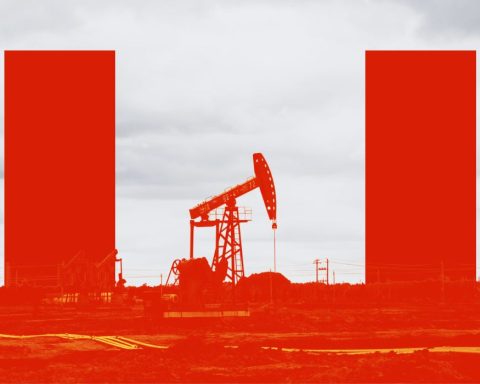A growing number of American cities are giving a cold shoulder to the natural gas that heats homes.
In 2019, Berkeley became the first city in the United States to ban gas hookups – the infrastructure needed to connect buildings to the gas network - in new developments. Since then, more than 50 municipalities in California and other states have followed Berkeley’s lead. New York City has become the latest jurisdiction to approve such a natural gas ban, which will come into effect at the end of 2023 for buildings under seven storeys and in 2027 for larger ones.
Some of the country’s most populous cities have taken this step to cut their greenhouse gas emissions, as buildings were responsible for 13% of the United States’ total emissions in 2019, much of that due to the gas that heats them.
But over the last year, Republican-controlled legislatures have sought to pre-emptively stymie similar efforts in their states. Twenty states have passed bills that prohibit cities from banning natural gas infrastructure in new developments. Texas, Florida, Ohio and Arizona are just a few that have successfully imposed these prohibitions on municipalities. State legislatures in Michigan and Pennsylvania are currently considering similar bills.
For decades, the modern Republican Party spurned the idea of centralized government in favour of more regional power. However, that same principle doesn’t seem to apply for municipalities in today’s GOP – at least not when it comes to natural gas.
Some environmental lawyers say a legal battle may be brewing over these state laws, but municipalities would likely face an uphill battle if they were to challenge them. “Cities are creatures of their states and thus, depending on the powers their states have given to them, are vulnerable to having regulatory power taken from them,” says Georgetown Law professor Sheila Foster.
For decades, the modern Republican Party spurned the idea of centralized government in favour of more regional power. However, that same principle doesn’t seem to apply for municipalities in today’s GOP – at least not when it comes to natural gas.
She adds that the best chance cities would have to bring a lawsuit would be to challenge the legislation under the state, rather than federal, constitution. “Typically, but not always, states have a lot of room to pre-empt their cities in the absence of legal reform (which some are arguing for) that gives cities more power.”
Proponents of these state laws have claimed they will preserve choice for consumers. But environmental advocates argue these measures will make it harder for municipalities to reach their net-zero emissions targets.
Gas lobbying groups have been heavily involved in supporting and sometimes even drafting these state laws, according to S&P Global Market Intelligence. In Pennsylvania, a gas utility, Philadelphia Gas Works, has been “engaged in crafting, and potentially strengthening” a prohibition on gas bans making its way through the state legislature, according to NPR. In an analysis for CNN, think tank InfluenceMap “found high levels of engagement on preemption bills within the power sector, including its key trade associations.”
Not all states have been as acquiescent to the gas lobby. A similar bill failed in North Carolina last year after Democratic Governor Roy Cooper vetoed it. New York Governor Kathy Hochul is making a push for a state-wide ban on gas hookups in new buildings that would come into effect in 2027, with a goal of electrifying two million homes by 2030. The Washington State Legislature is also considering a ban on gas infrastructure for all new residential and commercial real estate.
At the federal level, the government plans to transition its 300,000 buildings to “carbon-pollution-free electricity” by 2032.
Even if municipalities in red states are unable to implement bans on new developments, they can still get to work retrofitting existing building stock, which is a much bigger piece of the net-zero puzzle.





